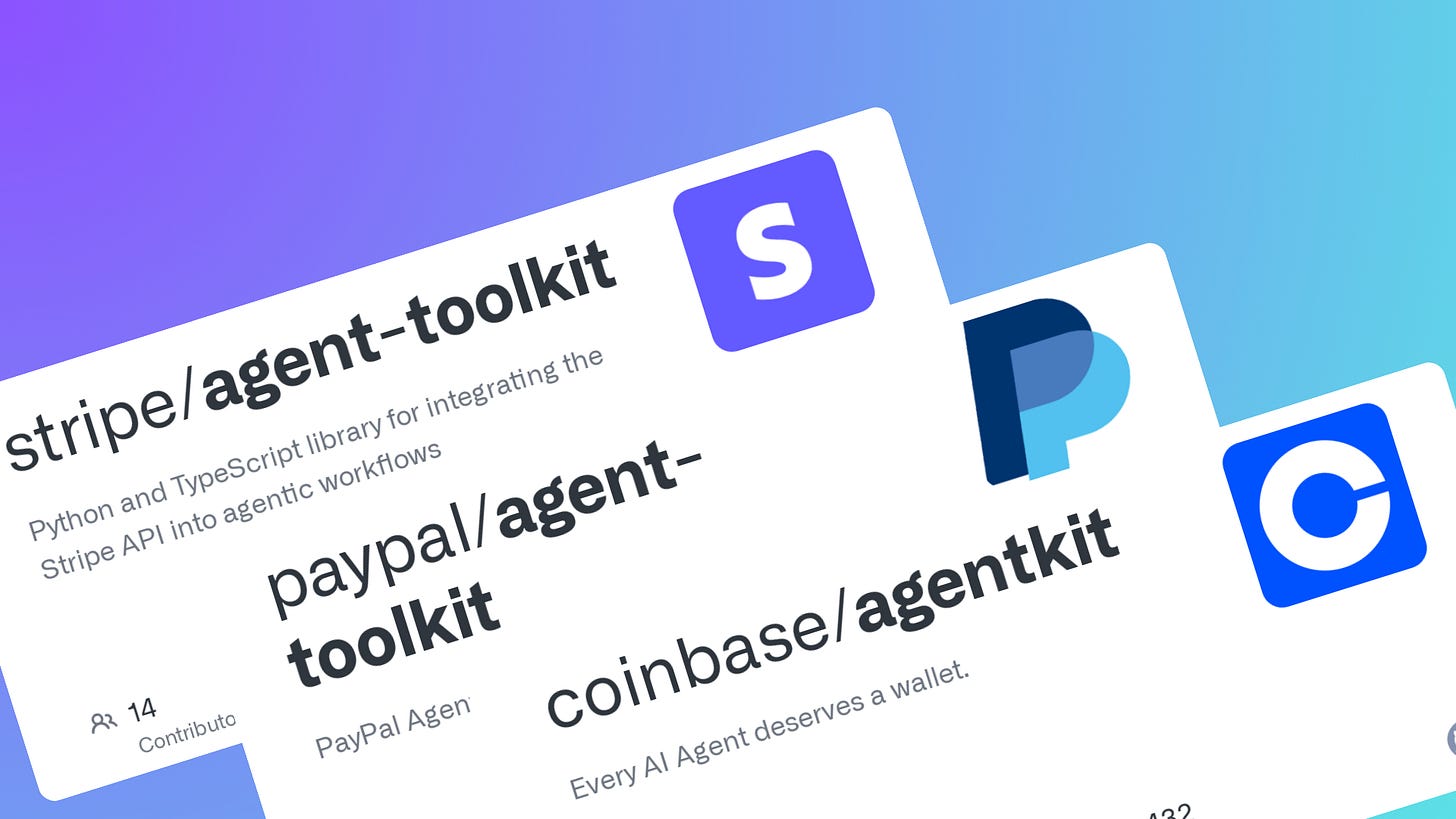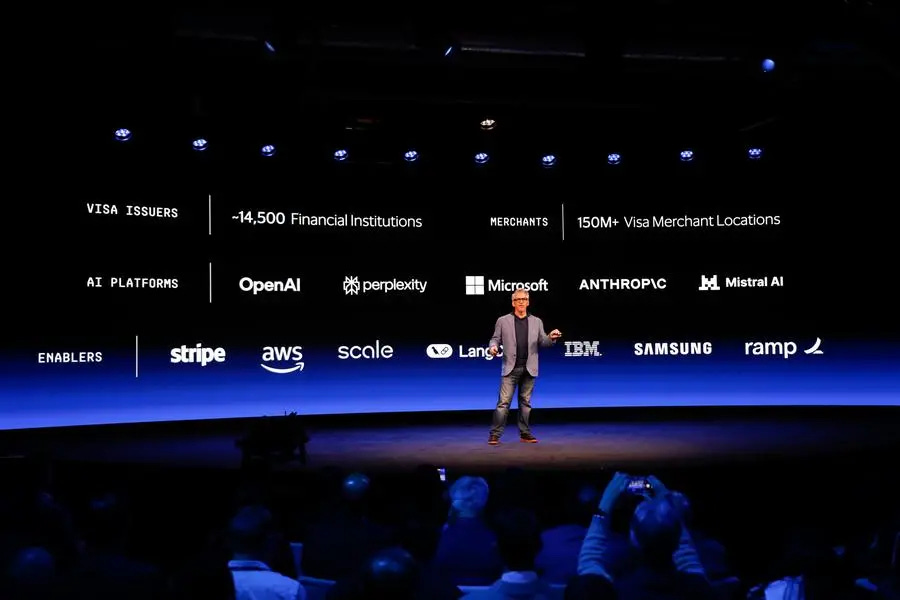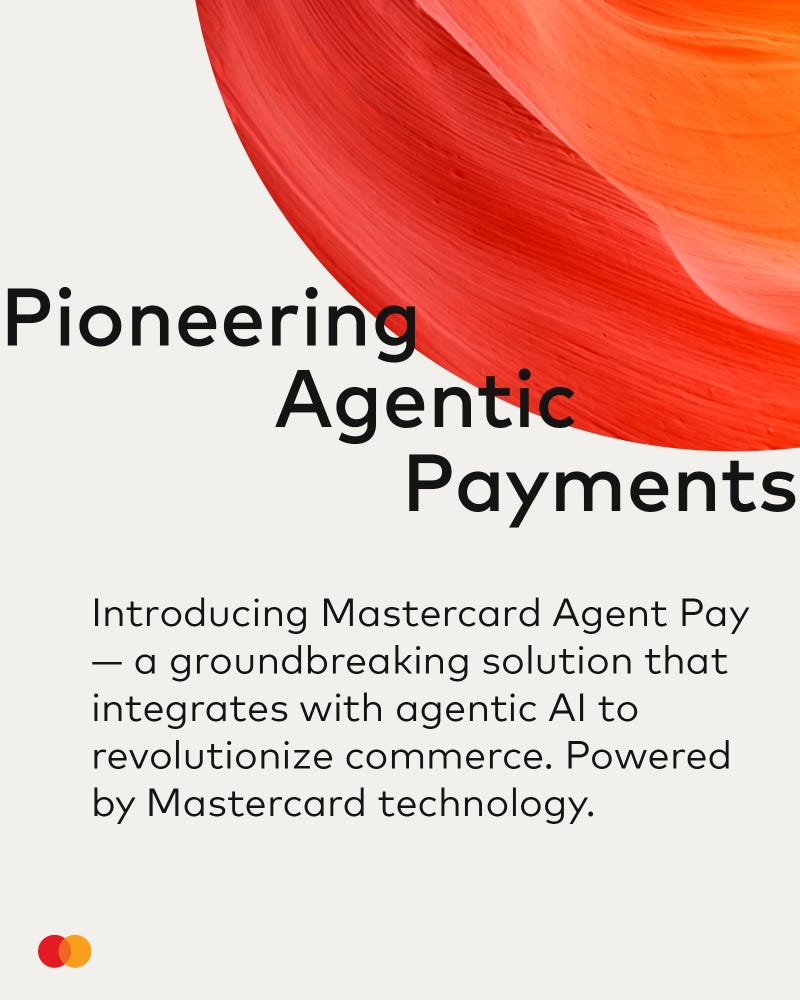Deep Dive: Agentic AI in Payments and Commerce
In this “agentic” age of commerce, autonomous AI agents are increasingly capable of making purchases, managing finances, and executing transactions on behalf of users without direct human intervention
The fintech world is entering a new era where AI can do more than chat or make recommendations – it can act. In this “agentic” age of commerce, autonomous AI agents are increasingly capable of making purchases, managing finances, and executing transactions on behalf of users without direct human intervention. What began as experimental chatbots has rapidly evolved into full-fledged agentic AI systems with “advanced human-like reasoning and interaction capabilities” that are “transforming the finance and retail sectors” among others. In just the past few months, major payment networks, fintech giants, and startups alike have unveiled tools to empower these AI agents to shop, pay, and transact in the real world. This deep dive explores how the concept of agentic AI emerged in payments and commerce, what key solutions are being built – from PayPal’s Agent Toolkit to Visa’s Intelligent Commerce – and what it all means for consumers, merchants, and the broader fintech ecosystem.
The significance of this shift is hard to overstate. Some compare it to the leap from physical stores to e-commerce, or from web shopping to mobile. As Visa’s Chief Product and Strategy Officer Jack Forestell put it, “Just like the shift from physical shopping to online, and from online to mobile, Visa is setting a new standard for a new era of commerce” with AI agents. The idea is that soon millions of consumers will trust AI assistants to not only find the perfect product or best deal, but also buy it for them – all while handling payments seamlessly in the background. According to Forestell, “Soon people will have AI agents browse, select, purchase and manage on their behalf. These agents will need to be trusted with payments, not only by users, but by banks and sellers as well”. In other words, the race is on to build the trust, infrastructure, and standards that will let AI-driven commerce flourish safely.
This isn’t just hype from incumbents. A wave of startups and developers is also charging into the agentic payments gold rush. In late 2024 and early 2025, “a surge of launches by startups [aimed] to capitalize on the new AI agent economy” has been evident. Fintech innovators see an opportunity to remove friction from transactions by letting AI do the heavy lifting. But they also recognize huge challenges around security, identity, and fraud when algorithmic agents start handling money. Are we really ready to let AI agents loose on our wallets? This article will delve into how the industry is addressing those questions and reimagining commerce itself – from autonomous shopping assistants to AI-powered back-office bots – all through the lens of factual developments and solutions that have emerged in the past year.
The Rise of Agentic AI in Commerce
Not long ago, “autonomous AI agents” sounded like science fiction. Yet the rapid advances in generative AI (GenAI) and large language models over 2023–2024 have made it possible for software bots to carry out complex tasks with minimal supervision. Instead of just answering questions, AI can now be agentic – capable of making decisions and taking actions to achieve specific goals. In practical terms, an agentic AI might not only recommend a product but actually place an order, or not only flag a fraudulent transaction but automatically shut down the affected account. The concept took center stage as companies like OpenAI released frameworks for AI agents that can use tools and APIs. This opened the door for integrating payment capabilities directly into AI workflows.
Financial services quickly became fertile ground for these innovations. According to a PwC executive playbook, “multimodal GenAI agentic frameworks have emerged as transformative catalysts, enabling businesses to accelerate process automation at an unprecedented scale”, with finance and retail among the sectors already seeing impact. Early experiments had AI agents assist with things like investment research, loan document analysis, and customer support. By late 2024, attention turned to payments and commerce – arguably the next frontier for agentic AI. After all, shopping and financial transactions involve myriad routine decisions and steps (searching for products, comparing options, entering payment details, etc.) that an AI could potentially handle faster and more efficiently than a human.
Crucially, the infrastructure to support such autonomy was starting to fall into place. Payment APIs have proliferated, digital wallets and tokenization are widespread, and e-commerce is API-driven – all of which make it easier to plug an AI agent into the commerce loop. In October 2024, industry observers like Sardine noted that “AI agents are the hottest trend in banking right now, offering massive productivity gains by automating complex tasks and making decisions at lightning speed – tasks that once required human oversight”. However, as Sardine’s Head of Strategy Ravi Loganathan cautioned, this promise comes with challenges: “How do you know the AI agent is operating within your consent? How do you link each payment back to a verified identity? How do we prevent fraud against the agents or prevent the agents from committing fraud?”. These questions underscored the need for new frameworks and safeguards before handing the keys (and the credit cards) to AI.
By early 2025, the concept of agentic commerce had moved from theory to reality. In April and May 2025, a flurry of announcements from top payments companies signaled that autonomous shopping and payments are officially here. Mastercard unveiled its Agent Pay initiative; Visa introduced Intelligent Commerce; PayPal, Stripe, and Coinbase each launched toolkits for AI agent transactions; and startups like PayOS came out of stealth to tie everything together. Each of these efforts contributes a piece to the emerging ecosystem of agent-enabled commerce. Let’s examine these key products and solutions driving the agentic AI revolution in payments.
Enabling AI to Transact: Key Products and Solutions
Mastercard Agent Pay: Tokenizing Trust for AI Purchases
One of the landmark launches in this space was Mastercard’s Agent Pay, announced
Keep reading with a 7-day free trial
Subscribe to Fintech Wrap Up to keep reading this post and get 7 days of free access to the full post archives.




